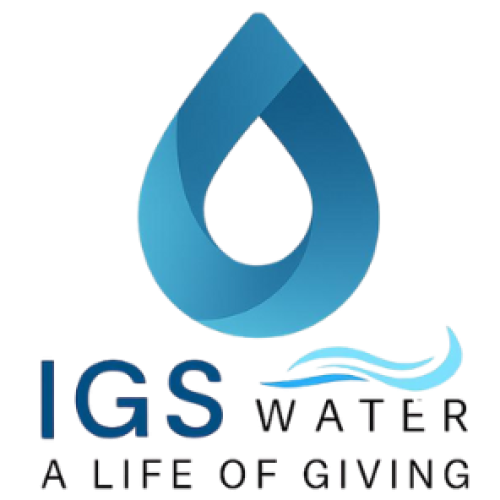Efficient wastewater management is one of the biggest challenges for industries, municipalities, and agricultural operations. Untreated or poorly treated wastewater not only harms the environment but also risks regulatory fines, community complaints, and costly system failures. Many facilities struggle with sludge buildup, odor issues, low oxygen levels, and harmful microbial growth—problems that directly affect treatment efficiency and operational costs.
At IGS Water, we focus on advanced water technologies that tackle these common wastewater issues head-on, helping facilities achieve cleaner, safer, and more sustainable water treatment.
Common Wastewater Treatment Challenges
1. Low Dissolved Oxygen Levels
Aeration is a critical step in most wastewater systems, as oxygen is required for aerobic bacteria to break down organic matter. Low dissolved oxygen (DO) can slow down treatment, increase sludge, and cause odor issues. Traditional aeration systems often struggle to maintain consistent oxygen levels throughout the tanks, especially in deeper or high-load zones.
2. Odor Control
Wastewater often produces unpleasant odors due to hydrogen sulfide, ammonia, and other gases from organic decomposition. These odors not only affect surrounding communities but also indicate imbalances in the treatment process.
3. Sludge Accumulation
Sludge buildup in tanks, lagoons, and ponds can reduce treatment efficiency, create anaerobic pockets, and increase operational maintenance costs. Without proper circulation, sludge accumulates and can become difficult to manage.
4. Uneven Water Mixing
Stratification—where water layers have different oxygen, temperature, or nutrient levels—reduces treatment efficiency. Areas with poor circulation can develop anaerobic conditions, producing foul odors and slowing the breakdown of organic matter.
5. Inefficient Gas Transfer
Traditional aeration methods release large bubbles that rise and escape quickly, limiting oxygen transfer. Facilities often use more energy to compensate for low efficiency, increasing operational costs.
6. Microbial Imbalance
Effective wastewater treatment relies on maintaining a balanced microbial population. Poor oxygen distribution, high sludge levels, and stagnation can disrupt microbial activity, reducing treatment effectiveness and producing harmful byproducts.
How IGS Water Addresses Wastewater Challenges
IGS Water provides innovative solutions that optimize oxygen delivery, improve water circulation, and enhance overall treatment efficiency.
Nanobubble Technology for Superior Oxygenation
Nanobubbles remain suspended in water for extended periods, providing a more efficient transfer of oxygen throughout tanks, lagoons, and ponds. This ensures that oxygen reaches deeper areas that traditional aerators may miss, supporting faster and more complete breakdown of organic matter.
Reduced Odors and Enhanced Water Quality
By increasing dissolved oxygen and promoting aerobic conditions, nanobubbles reduce the production of odor-causing gases like hydrogen sulfide. Cleaner water and balanced microbial activity result in a more stable and odor-free treatment environment.
Improved Sludge Management
Nanobubbles help prevent sludge accumulation by enhancing oxidation and circulation. This reduces the formation of anaerobic zones, making sludge easier to manage and decreasing maintenance frequency.
Effective Water Mixing and Destratification
IGS Water systems promote uniform water mixing, breaking down stratified layers and ensuring consistent oxygen distribution. This reduces anaerobic pockets and improves treatment efficiency across the entire tank or pond.
Energy-Efficient Aeration
Our systems provide high oxygen transfer with lower energy consumption compared to traditional aerators. Facilities can achieve better water quality while minimizing operational costs.
Supporting Sustainable Wastewater Treatment
With improved oxygenation, circulation, and sludge management, IGS Water technology helps facilities maintain healthy microbial populations, reduce odor, and optimize treatment processes. This leads to more reliable wastewater management, lower operating costs, and compliance with environmental standards.
Creating Cleaner, Safer, and More Efficient Wastewater Systems
Effective wastewater treatment is critical for environmental protection and operational efficiency. By addressing oxygen limitations, sludge buildup, odor issues, and uneven water mixing, facilities can operate more sustainably and reduce costly downtime.
IGS Water’s innovative solutions provide the tools to improve treatment efficiency, minimize environmental impact, and maintain reliable operations—helping your wastewater system perform at its best.

